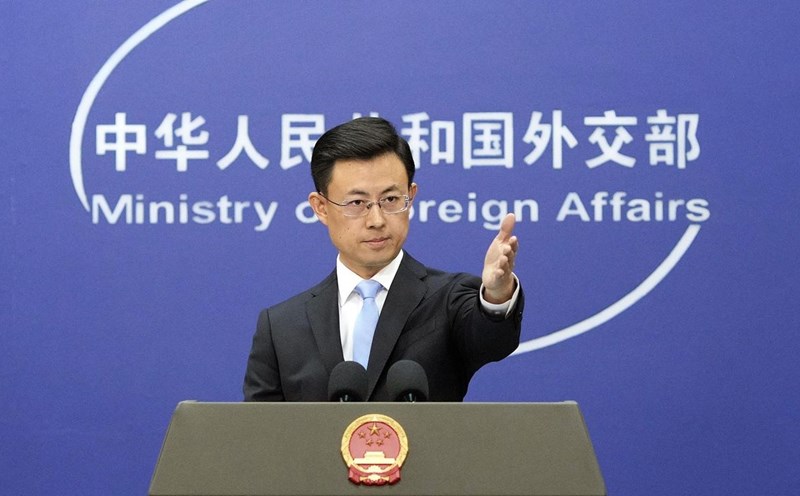According to the latest data from the International Monetary Fund (IMF) and the US Bureau of Economic Analysis (BEA), with a total nominative GDP of $4,100 billion, California has surpassed Japan's $4,020 billion figure, one of Asia's leading economies.
The Pacific superpower is now behind only three names: the US, China and Germany.
California is not only catching up with the world, we are leading the world, ABC7 quoted Governor Gavin Newsom as saying proudly.
Our economy is developing because we invest in people, prioritize sustainable development and believe in the power of innovation. But this result is not immune to reckless tariff policies from the federal government. California's economy is a national driver and it must be protected, Governor Gavin Newsom stressed.
What is even more remarkable is that California has only about 40 million people, less than a third of Japan's population, but creates outstanding economic value thanks to technology, creativity and culture.
The state's economy is a rare combination of Silicon Valley technology valley, Hollywood entertainment industry, large-scale agriculture in the Central Valley, and a thriving tourism industry.

The technology sector around San Francisco alone has contributed hundreds of billions of dollars to GDP every year, with "big guys" such as Apple, Google, Meta, NVIDIA... headquartered here.
Not only technology, California's cultural and music festivals also contribute significantly to economic growth. Governor Newsom highlighted the role of Coachella and Stagecoach festivals - two events that attract hundreds of thousands of people each year - in bringing about $700 million to the local economy.
Eventures like Coachella are not just tourist destinations. They create jobs, promote consumption, and support small businesses, from restaurants to equipment suppliers, said Mr. Newsom.
However, experts also warn that California's success is not forever. With the highest cost of living and living in the US, along with challenges in housing, drought and climate change, the state needs a long-term strategy to maintain its position.
In addition, federal political and economic uncertainties, including tariffs or investment restrictions from Washington, could also affect California's appeal to global investors.
However, the rise of a state, not a country, to 4th place in terms of global economic scale raises many questions about traditional socio-economic order. It reflects the growing role of innovation and creativity centers, and shows the soft power, from culture to technology, that can create outstanding economic value.











